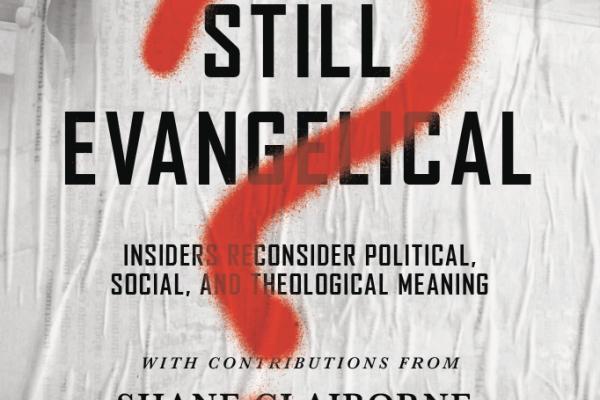AMERICAN CHRISTIAN exceptionalism focuses on a narrative of success and victory. When suffering occurs, it’s considered a hindrance to the work of God in the world. The narratives of suffering communities, therefore, are ignored or removed from the dominant narrative of triumph. Stories of successful church plants and growing megachurches with huge budgets are front and center in how we tell the story of American evangelicalism.
Spanish-speaking storefront churches embody a profound, faithful spirituality in the midst of suffering. However, for many white evangelicals looking for the next magic formula to grow their churches, these churches may be deemed too small and even “illegal.”
Read the Full Article

